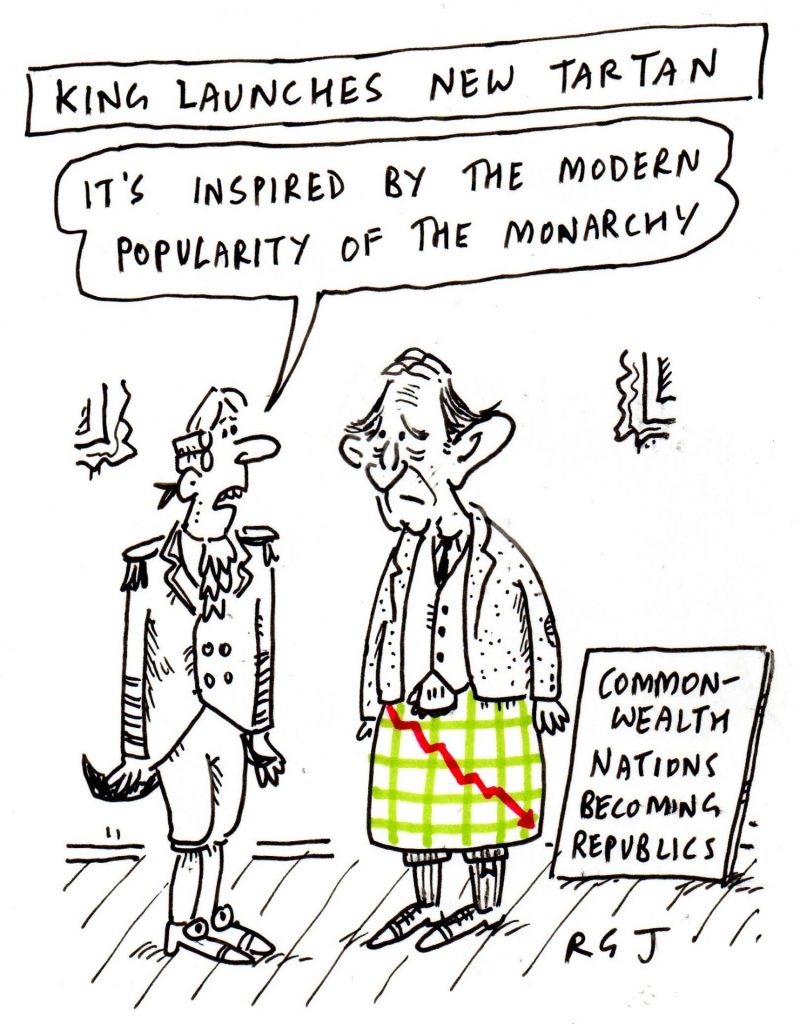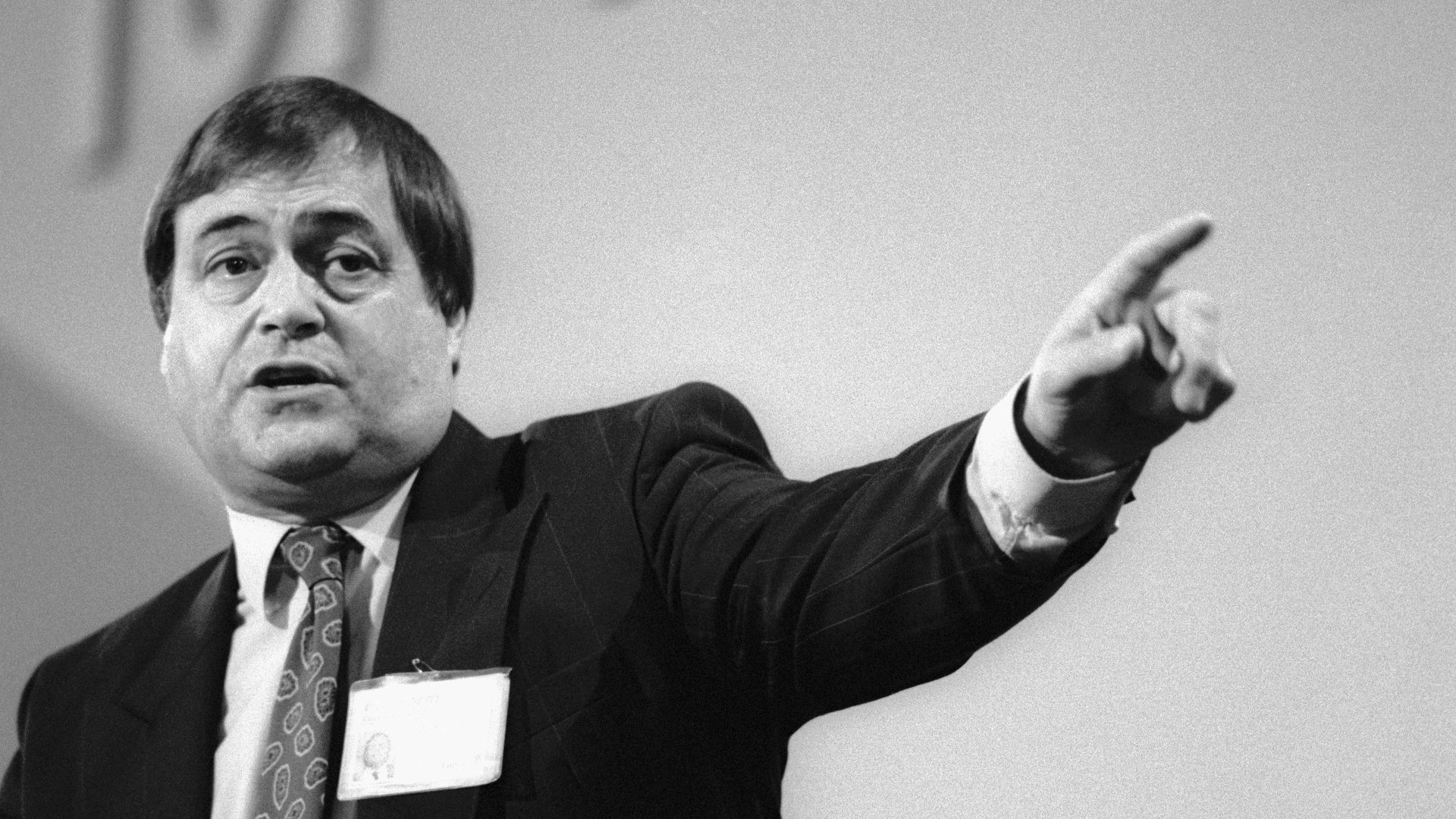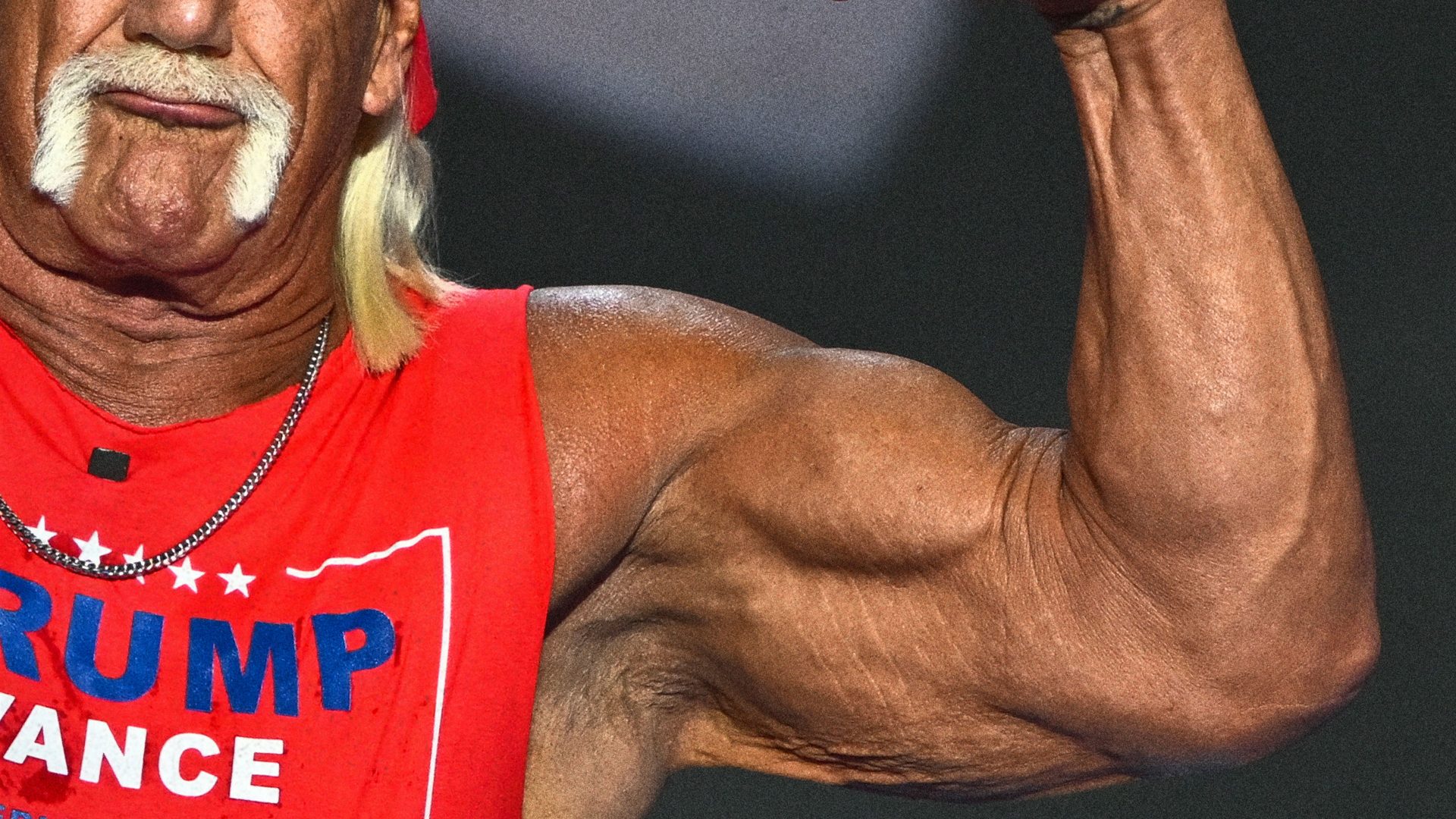There were already two funerals in my diary for last week, one on Wednesday, one on Friday, and then in between came news of John Prescott’s death. I’ve had better weeks in my life.
I was pleased that so much was said and written about John when he died. “All they’ll remember about me when I go is that bloody punch,” he used to say. Well, people remembered a whole lot more.
Former US vice-president Al Gore was one of the first to pay tribute, recognising JP’s central role in bringing about the Kyoto Agreement on climate change. King Charles also put out a warm statement, of the sort one might expect for a long-serving prime minister or fellow head of state, not a working-class former ship waiter who could down a pint in four seconds.
JP really was special. When Tony Blair became leader and John was elected as deputy, part of my role was to stay close to him and keep him onside. It meant hours of argument and occasional shouting matches, but a friendship that endured.
I’m grateful to the BBC journalist who sent me the tape of a recording made of me and John while watching a Hull City v Burnley game together a few years ago. Just to hear the laugh, the growl, the mutual mickey-taking reminded me of so many times spent with him, ups and downs.
Other memories? Rehearsing his Labour conference speech at 3am in his suite at the Imperial Hotel, Blackpool, his wife, Pauline, trying to sleep next door; a howling wind blows open the French doors, and John walks over to the balcony and delivers his speech full volume – to the sea.
The hapless interpreters at an international conference in Paris; John is speaking 300 words a minute, long verbless sentences are crashing into each other, and I look at the translators’ booths and see some of the world’s best interpreters staring at each other, hands raised, heads shaking, unable to cope.
He could certainly mangle the language, and that led to him often being underestimated. It was a mistake many made. People were still making it while paying their tributes.
Out trotted the old lines that he was Old Labour to Tony’s New. Yet it was JP who coined the phrase “traditional values in a modern setting”.
And when, in his first speech as leader, Tony announced plans to change the party’s constitution and replace Clause 4, we knew we had to get JP on board. He was not immediately keen, but came round, and in the end it was John, not Tony, who said he should be explicit: “If you’re talking about a new constitution, you’ve got to say so.” So we did. Plain speaking.
Finally… in my professional life, the worst day of all was the day weapons inspector David Kelly’s body was found, amid a storm raging around my head over Iraq. JP was on a rare holiday with Pauline in Cyprus. He called me, and said he would come back.
I said, “what about Pauline and the holiday?” He replied: “Don’t worry, I’m coming back.” That was a combination of acute political instinct – he knew the scale of the crisis this was likely to provoke – and friendship.
John represented the government at David Kelly’s funeral. He had in his pocket a letter I had written to Mrs Kelly. He called me after the funeral to convey the friendly conversation he had had with her.
John was often seen by those who didn’t know him – and some who did – as grouchy and chippy. He could indeed be both, but there was so much more to him than that.
He had a heart the size of the Humber, and now has a political legacy to match. RIP JP.

Friday’s funeral was to say farewell to David Hill, the veteran Labour comms man who replaced me when I left Downing Street in 2003, so lots of the old New Labour team gathered at the City of London crematorium in Wanstead. I was asked to do one of the tributes, and relied heavily on my diaries to write it.
“Hill, David. I have been through every reference in the index, all eight volumes,” I said, “and here is the thing – I didn’t have a bad word to say about him, not one. The same cannot be said for most of the main characters of the New Labour era,” I added, to laughter from some of the characters concerned.
The No 1 main character of that era, Tony Blair, also spoke, and said that the media operation had been in need of a bit of calm and balm after I left. “David was the calm. David was the balm.”
Or, as TB put it in his autobiography: “I think Alastair would have been tipped over the edge completely in that last period and would have rampaged through the media like a mad axeman!”
David was indeed utterly unflappable. Tony told the story of the 2004 Labour Party conference, when David asked him: “Do you have anything for me to brief the press ahead of the speech?” This was at a time when speculation was growing that TB might step down ahead of the 2005 election.
“Well, I am definitely fighting the next election,” he replied, “but not the one after that.” David nodded, silently stroking his moustache.
“Also,” Tony went on, “Cherie and I are looking to buy a house.” More silent moustache stroking. “Oh, and I’ve been diagnosed with a heart condition, and have to go into hospital for a major operation quite soon.”
“Right,” said David, “well, I think you’ve answered my question.”
Fewer and fewer men seem to wear black ties at funerals these days. Usually I still do, but I made an exception for David.
He was a big fan of Aston Villa, so I wore one of my claret and blue Burnley ties. You see, Burnley used to play in green, but after taking over in 1910, our new manager, John Haworth, switched to claret and blue, because he loved the way Aston Villa played. Villa had just won their sixth League title, and he hoped that if we wore the same colours, some of their greatness might rub off on us. Maybe it did.
Four years later, for the first and so far only time in Burnley’s history, we won the FA Cup.
Wednesday’s funeral was of psychotherapist Paul Gordon, husband of one of Fiona’s closest friends, Melissa Benn, Tony Benn’s daughter. Indeed, one of my enduring memories of Tony Benn’s funeral was Melissa’s beautifully written, and beautifully delivered, tribute to her dad.
She did the same for Paul, even more movingly as she addressed her tribute directly to him, as though he were still there. Their daughters, Hannah and Sarah, made speeches literally bursting with love, while one of their dad’s closest friends, Gareth Evans, read out a letter he had written to Paul that Hannah and Sarah had read to their father as he got closer to death.
Lots of warm and positive things get said about people when they die, as the Prescott family learned this week, and I am sure John would have snorted heartily at some of the tributes in the right wing press, which devoted so much space and energy to doing him down.
Listening to Gareth read his letter to Paul, it was really nice to know those same things had been said to him when he was still alive.




